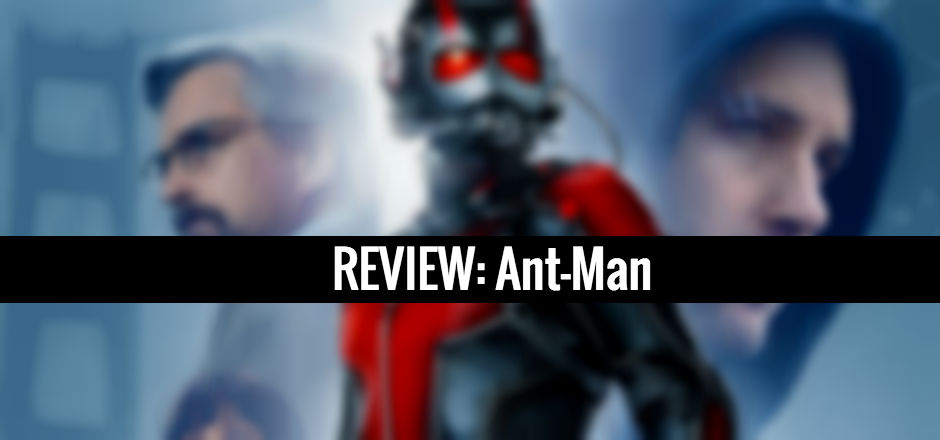Before bubbling, swelling, and exploding into blood-vapor, potential criminals in the Psycho-Pass universe are evaluated by the Sibyl System, a networked intelligence that evaluates an individual’s level of psychosis and how likely that person is to commit a crime. Law enforcement officers don’t have to determine who’s right and who isn’t. They just have to pull the trigger.
How can character be measured? Do we evaluate them based on gut instinct or on a system of morals that must be evaluated like a checklist? Are there merits to being sociopathic? And do empathy and compassion absolve guilt when witnessing the varieties of evil?
Don’t mind me, I’m just feeling quite noir. Psycho-Pass takes classic film noir tropes and turns them on their heads. Instead of speakeasies, everyday citizens commit acts of violence. Robots looming on every corner create the illusion of security. The crime-hardened, brooding detective isn’t the hero we thought he’d be. And, although her character is understated at first, Tsunemori Akane is the emotional epicenter of the series and investigates the true form of the Sibyl System.
When Tsunemori first joins the squad, she discovers her co-workers are actually latent criminals, people with dangerously high Psycho-Pass levels who haven’t actually committed a crime hired as “attack dogs” for the squad. The incorporation of latent criminals gives the squad valuable insight into the minds of the pursued, drawing conclusions those with clear Psycho-Passes might not. While Tsunemori is at first unsettled by working with her squad, she quickly learns that what gives an individual a high Psycho-Pass, and defines them as a criminal, is not necessarily how a person acts, but the environment they’re subjected to.
Tsunemori Akane has a gift, unique by any modern standards. Before anything else, she sees criminals as people. Before an abuser, she sees one who has been abused. She believes that humans are inherently good and that forces outside of their control contribute to a clouded Psycho-Pass.
One of her first culprits escapes because Tsunemori thinks she can be changed and doesn’t react quickly enough. Just because the Sibyl System grants the person death doesn’t mean the officer behind the Enforcer has no choice but to shoot. The Enforcer, an AI-dependent gun, can only kill individuals it evaluates as deserving of death. This takes much of the burden off the shoulders of the officers, turning them into another link in the chain of enforcement.
Even though Tsunemori witnesses countless murders both in person and on screen, her Psycho-Pass remains clear in color and low in number. She holds on to the belief that there’s some bit of good even in the worst of criminals, and this prevents her from being distorted by violence the way many of her squad do.
On the opposite side of the spectrum, the sociopathic Makishima feels nothing for the people he kills and therefore keeps his Psycho-Pass clear and low as well. Even when Tsunemori witnesses Makishima slaughter one of her best friends, the Sibyl System reads Makishima as neutral and prevents Tsunemori from pulling the trigger. Even though she wants to save her friend, even though she knows Makishima should die, the Sibyl System makes the decision for her. Tsunemori is helpless.
While Psycho-Pass displays extreme circumstances in a society presented as a warped version of our own, these questions never felt so relevant. Do those that kill deserve death or his rehabilitation always an option? Does drug use constitute a near life sentence?
As the series progressed, I couldn’t help but wonder if it wasn’t the Sibyl System itself that needed to be re-evaluated. Maybe Tsunemori’s strength is compassion or forgiveness, and putting those characteristics into practice would allow criminals to become more than their projected destiny as a criminal for life. If a dangerous environment increases the likelihood of a person committing a crime, shouldn’t rehabilitation do more to help than simply expunging that person from society? I hope the Sibyl System never comes to be in this universe and perceived criminals have the chance at fair trial.
Alan Beyersdorf is a staff writer at Girls in Capes and holds degrees in creative writing and psychology from the University of Toledo. His first chapbook, Degrees of Distance, was completed in 2012. Alan’s post Hopelessly Super-Male was Freshly Pressed January 27, 2013.






